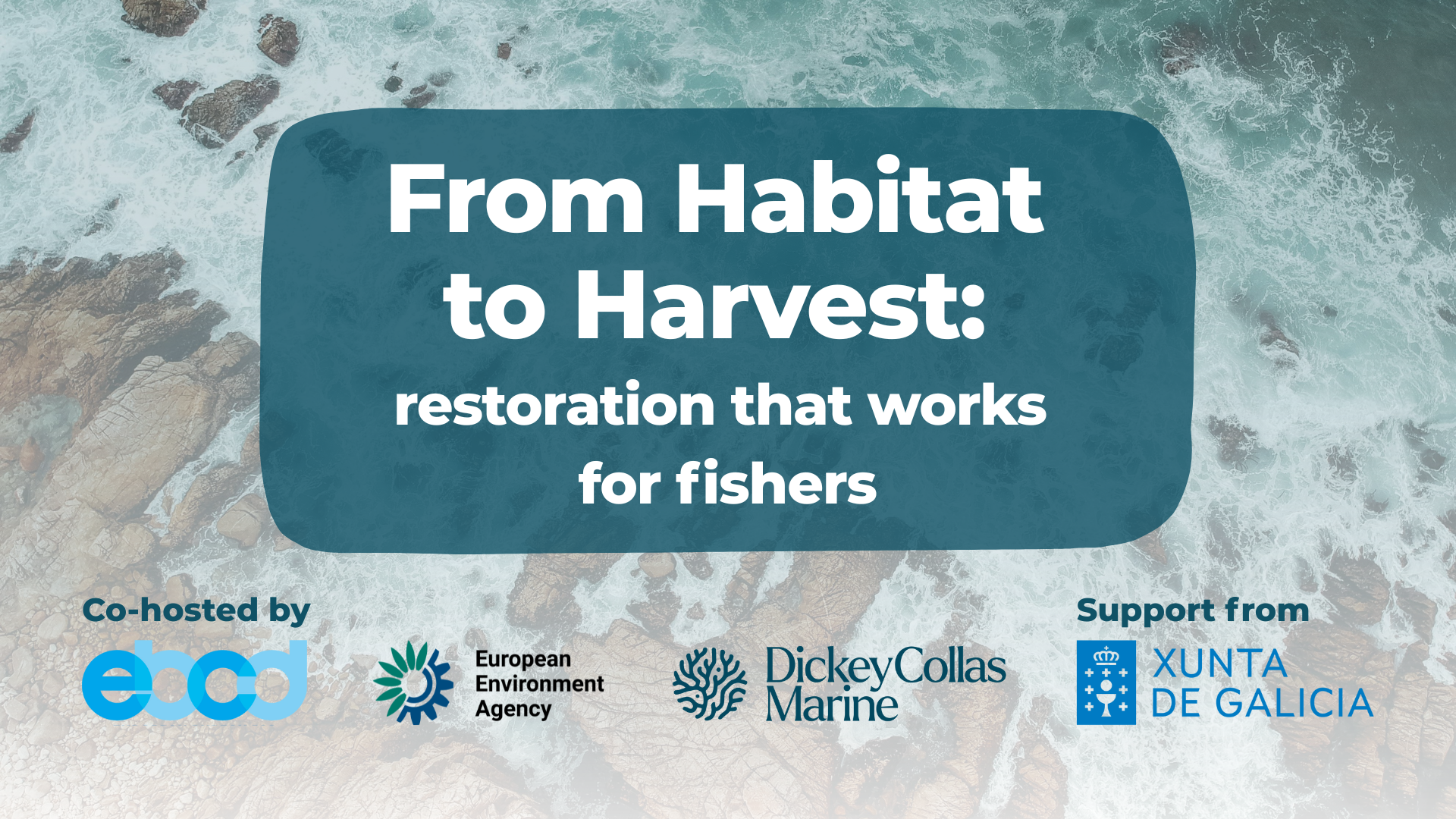Ocean-based climate adaptation and mitigation is a rising concern in the UN climate talks. Parties and observers continue to push for a stronger reference to oceans in climate diplomacy, including through the climate action plans, also known as Nationally Determined Contributions or NDCs. While ocean-based climate action is a positive trend in climate negotiations, a better reflection of the challenges and needs of all ocean stakeholders is needed. The Paris Agreement goal cannot be achieved without coastal communities.
Climate action needs to be pursued holistically – even more so when it enters the ocean space. Recognizing and engaging key sectors in adaptation and mitigation efforts will not only drive further ambition, but also turn aspirations for a climate-neutral economy into reality. Moreover, having a clear input from regional and local authorities is paramount to meaningfully connect diplomatic talks with the reality on the ground. Within this framework, cross-stakeholder, multi-level synergies must be prioritized.
According to the FAO[1], the effect of climate change on fisheries and aquaculture has a clear impact on food security and the livelihoods of people who depend on marine and freshwater resources. As the consequences of climate change on marine biodiversity and coastal communities are getting increasingly serious and tangible, it is crucial to advance progress toward human-centred responses. Climate adaptation and mitigation measures should be designed to allow all scales of fisheries and aquaculture to maintain a meaningful level of productivity that ensures the long-term sustainability of the sector under changing climatic conditions. This is even more urgent if the necessary dietary shift towards low-carbon animal proteins is considered: aquatic foods can indeed provide a valuable solution that can be beneficial for both human health and the climate if the right fisheries management and climate mitigation measures are in place.
Working towards this objective, EBCD has been contributing to advancing ocean-based climate policy in the context of the UN Climate Conference COP26 through the following events:
- The EU Ocean Day, organized in collaboration with the European Commission, the Ocean-Climate Platform and the Plymouth Marine Laboratory, which also stressed the importance of the ocean-climate nexus for coastal communities, also thanks to the intervention of Manuel Barange, FAO’s Director for Fisheries and Aquaculture Policy and Resources Division.
- Leading the Race To Zero In The Fisheries Sector: Towards a Carbon Neutral Aquatic Food Production, organized in collaboration with the Regional Government of Galicia, which stressed the urgency to decarbonize the fisheries sector through an open dialogue with scientific experts, industry and institutions.
EBCD remains committed to advance progress towards the goals of the Paris Agreement by fostering understanding between all actors and levels of governance that need to be involved to make the Race to Zero a reality. While multilateralism remains the most powerful tool to tackle climate change, linking diplomacy with on-the-ground communities remains a priority. In this context, forward-looking regional governments, academia, private sector organizations and public institutions need to join forces to ensure an effective and fair transition towards a carbon-neutral society.
[1] Kalikosky, Daniela C. et al. (2018). Chapter 2: Understanding the impacts of climate change for fisheries and aquaculture: applying a poverty lens, eds M. Barange, T. Bahri, M. C. M. Beveridge, K.L. Cochrane, S. Funge-Smith, and F. Poulaine (Rome: FAO), 19–39.




